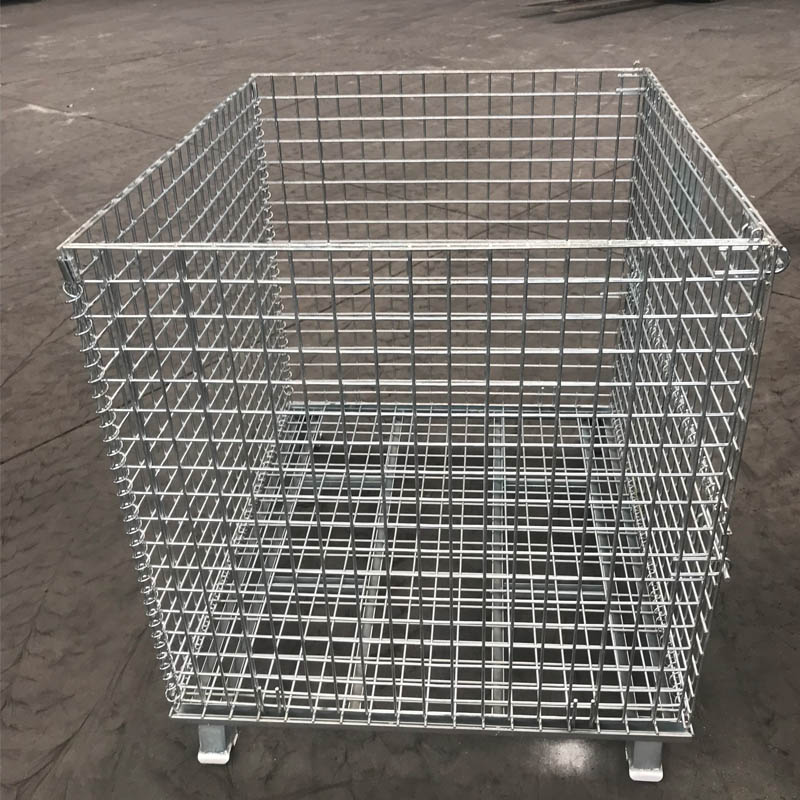
- Mobile Phone
- +8613931874955
- sales@cntcmetal.com
Durable Solutions for Agricultural Field Wire Fencing Systems and Applications
Understanding Field Wire Fencing A Comprehensive Guide
Field wire fencing is an essential asset for agricultural properties, livestock farms, and recreational areas. It serves multiple purposes, such as securing livestock, protecting crops from wild animals, and marking boundaries. In this article, we will delve into the various aspects of field wire fencing, including its benefits, types, installation, maintenance, and best practices.
Benefits of Field Wire Fencing
1. Durability Field wire fencing is constructed from high-quality materials, typically steel or galvanized wire, ensuring longevity and resistance to harsh weather conditions. This durability means that once installed, it requires minimal maintenance and can withstand the test of time.
2. Cost-Effective Compared to other types of fencing like wood or vinyl, field wire fencing is often more economical. Its strong build means fewer replacements or repairs over the years, making it a cost-effective choice for landowners.
3. Versatility One of the most significant advantages of field wire fencing is its versatility. It is designed to contain a variety of livestock, including cattle, sheep, goats, and horses, while also being effective in keeping predators and other wildlife at bay.
4. Visibility and Aesthetic Appeal Unlike solid fencing, field wire fencing allows for visibility across the landscape, maintaining the scenic view of the property. This aspect is particularly appealing for ranchers and farmers who value the beauty of their land.
Types of Field Wire Fencing
Field wire fencing comes in various types, each suited for different needs
- Barbed Wire Fencing Commonly used for cattle and larger livestock, barbed wire fencing has sharp barbs that deter animals from pushing against the fence
.- Non-Barbed Wire Fencing This type is often used for sheep and goat fencing, where barbed wires may cause injury to the livestock. It is effective in containing animals while ensuring their safety.
- Tensile Wire Fencing Consisting of high-tensile steel, this fencing is incredibly strong and can be stretched tightly, making it a popular choice for large pastures.
- Electric Fencing Incorporating electrical current, electric fencing is effective in deterring animals from approaches. It can be used alone or in combination with traditional wire fencing for added security.
Installation
field wire fencing

The installation of field wire fencing requires careful planning and execution
1. Planning Before installation, it is crucial to survey the land. Consider factors like the terrain, the type of livestock to be contained, and the specific area you wish to enclose.
2. Materials Gather all necessary materials, including wire, posts, insulators (for electric fencing), tools, and hardware.
3. Setting Posts Posts need to be set securely in the ground at appropriate intervals (usually 8 to 12 feet apart). The depth of the post holes should be about one-third the length of the post.
4. Attaching Wire Start at one end of the fence line and work your way to the other end. Ensure the wire is taut but not excessively tight to prevent damage.
5. Finishing Touches Install gates where necessary and perform a final inspection to ensure everything is secure.
Maintenance
Proper maintenance of field wire fencing ensures its longevity and functionality
- Regular Inspections Check for signs of wear or damage, especially after storms or adverse weather. Look for broken strands, loose posts, and signs of rust.
- Tightening Loose Wire Regularly tightening any loose wire is essential in maintaining the strength of the fence.
- Rust Prevention If your fence is made of steel, consider applying rust-resistant coatings to prolong its life.
Conclusion
Field wire fencing is a fundamental component of land management for farmers and landowners. Its durability, cost-effectiveness, versatility, and aesthetic appeal make it an ideal choice for anyone looking to secure their property effectively. By understanding the various types of field wire fencing, following best practices for installation and maintenance, and keeping a proactive approach to care, landowners can ensure their fencing remains an asset for years to come.
share:
-
Why Sacrificial Formwork Is Redefining Underground ConstructionNewsJun.06,2025
-
The Structural Dynamics of Modern Concrete: How Snake Spacers Revolutionize Flexible ReinforcementNewsJun.06,2025
-
Snake Spacers Smart-Lock Concrete Reinforcement with Surgical PrecisionNewsJun.06,2025
-
Snake Spacers: Reinforcement Precision for Modern Concrete ProjectsNewsJun.06,2025
-
Snake Spacers Powering Concrete's Structural DNANewsJun.06,2025
-
Slither into Success: Snake Spacers' Precision Bite for Unbreakable ReinforcementNewsJun.06,2025
-
Sacrificial Formwork: Building Stronger, Faster, and Safer StructuresNewsJun.06,2025



















